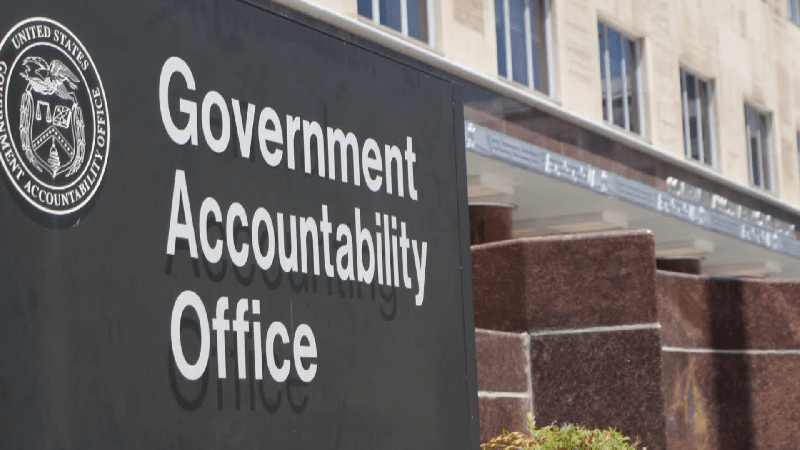
A new Government Accountability Office (GAO) report finds that most government agencies have been slow to move on the watchdog agency’s existing recommendation to them regarding their use of facial recognition technologies (FRT) from non-Federal government systems.
GAO’s latest report on the subject points back to its findings last year showing that as of June 2021, 13 government agencies could not fully assess the risks of using non-Federal FRT systems because they did not have complete, up-to-date information on what systems are actually used by employees.
“The lack of awareness about employees’ use of non- federal FRT systems can have privacy implications” – including a risk of not adhering to privacy laws or that system owners may share sensitive information used for searches, states the report.
GAO recommended last year that the 13 agencies take steps including: 1) implementing mechanisms to track what non-Federal systems with FRT are used by employees to support investigative activities; and (2) Assessing the risks of use those systems including privacy and accuracy-related risks.
As of April 2022, GAO found that only three of the 13 agencies had implemented at least one of those two recommendations.
“By implementing a mechanism to track what nonfederal systems are used by employees, agencies will have better visibility into the technologies they rely upon to conduct criminal investigations,” GAO said. “In addition, by assessing the risks of these systems, including privacy and accuracy-related risks, agencies will be better positioned to mitigate any risks to themselves and the public.”
Although agencies such as Customs and Border Protection (CBP) have incorporated some privacy protections in its Biometric Entry-Exit Program, “the implementation of privacy notices and audits were still inconsistent,” according to the report.
FRT use has become an increasingly important, and in some cases controversial, tech area in part because of its wide range of use. GAO said that those include:
- Digital access or Cybersecurity;
- Domestic law enforcement;
- Physical security;
- Broder and transportation security; and
- National security and defense.
